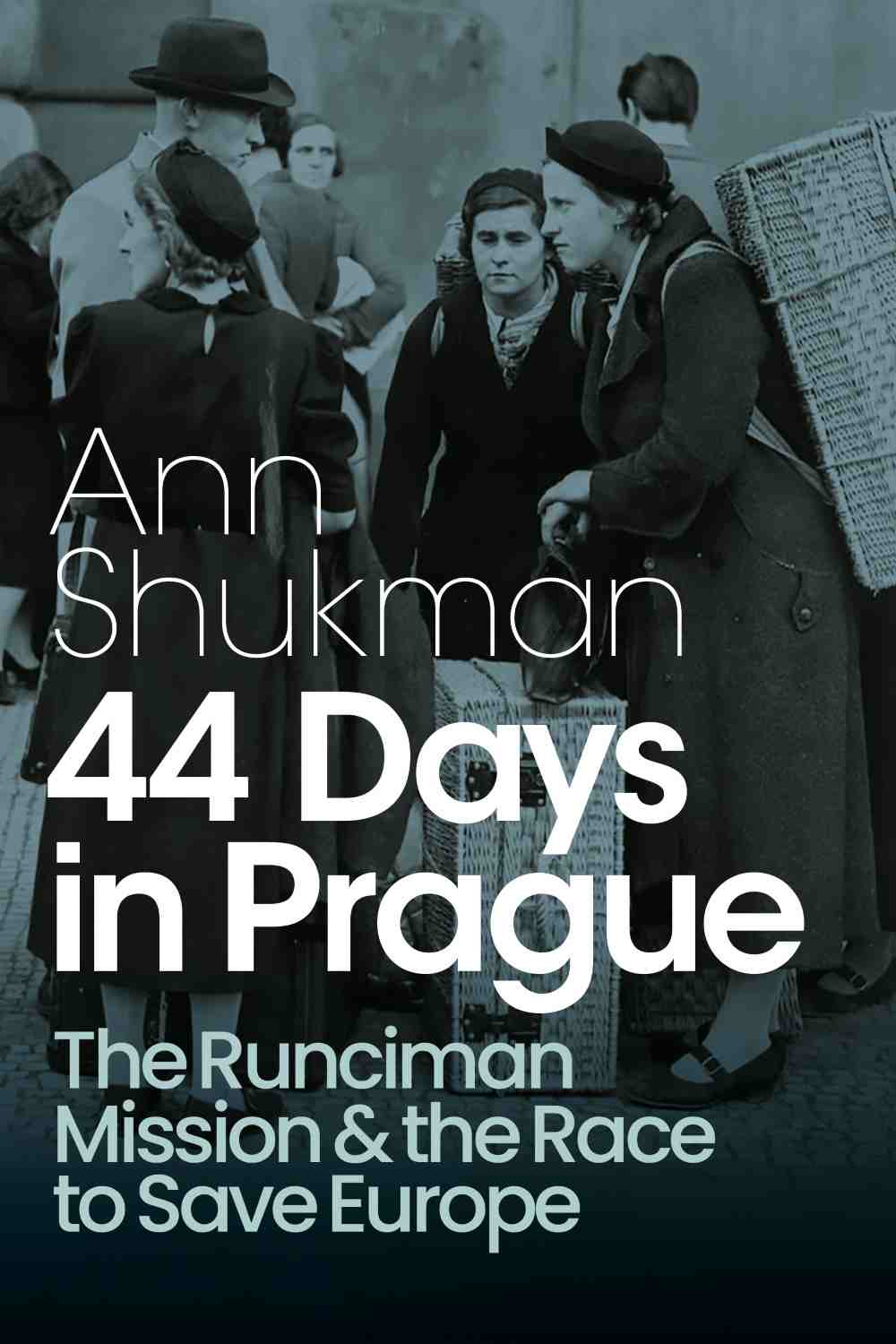Lord Lexden reviews '44 Days in Prague'
1938: Walter Runciman and his wife, Hilda | Image by: Sueddeutsche Zeitung Photo / Alamy Stock Photo
3 min read
Ann Shukman has produced a vivid and scrupulously fair investigation into her grandfather Walter Runciman’s role in the doomed pre-war mission to broker a peace deal between the Czechoslovak Republic and its Sudeten German minority
Ann Shukman, the author of this carefully researched book with a dramatic subtitle, is the granddaughter of Walter Runciman, an immensely wealthy shipping magnate whose property included the beautiful Hebridean Isle of Eigg. His long, but now forgotten, career as a cabinet minister ended abruptly when Neville Chamberlain became prime minister in May 1937. A viscountcy did not really soften the blow.
Though much aggrieved by his ill-treatment, he was persuaded to come to Chamberlain’s assistance in August the following year. His task was to broker an agreement that would resolve peacefully the massive international crisis caused by Adolf Hitler’s demand that the German majority in Czechoslovakia’s Sudetenland must be incorporated in the Reich forthwith.
Like most Englishmen, Runciman knew nothing whatsoever about this far-away country created in 1919 after the First World War. The government which despatched him on his peace mission to Prague had no wish to protect it from territorial change. In September it became obvious that the price of peace was the transfer of Sudeten territory to Germany.
But how much territory? President Edvard Beneš (known affectionately to Winston Churchill as President Beans), the able and long-serving Czech leader, was quite prepared to countenance a significant loss, involving the departure of up to two million people who, as it happened, he had never wanted in his country in the first place. The 1919 Versailles Treaty was, as so many said at the time, very imperfect.
Beneš did not have much time for Runciman, leaving the 67-year-old peace-broker feeling rather hurt. He and his small team of Foreign Office officials busied themselves in endless talks with prominent Sudeten Germans. They felt that they were doing rather well, particularly with Konrad Henlein, the leader.
Shukman is impressively candid about her grandparents’ capacity for making poor judgements
This dissimulating charmer persuaded them that he was a moderate, wholly opposed to the dismemberment of Czechoslovakia. A compromise appeared possible and, with it, success for Runciman.
He and his team were convinced of Henlein’s sincerity, as were many others, including opponents of Chamberlain, who met him in London.
Support for the Sudetens surged. Runciman’s wife Hilda felt that “Hitler was a man of peace and that the Czechs were heartless oppressors of their German minority”, as she recorded in her diary, one of Shukman’s major sources, used here for the first time.
Yet all along Henlein was working closely with Hitler to stop any compromise being agreed. His successful duplicity is revealed fully in this book. Shukman is impressively candid about her grandparents’ capacity for making poor judgements.
 At weekends the Runcimans left the stifling heat of Prague to be entertained by grand aristocratic families with complicated names in the vast palaces and country houses of rural Bohemia. Lady Runciman noted the details in her diary. Her granddaughter uses them to great effect, recalling the final phase of a way of life that had survived with little change for centuries. A few years later it was all gone, destroyed by war and subsequent Communist rule.
At weekends the Runcimans left the stifling heat of Prague to be entertained by grand aristocratic families with complicated names in the vast palaces and country houses of rural Bohemia. Lady Runciman noted the details in her diary. Her granddaughter uses them to great effect, recalling the final phase of a way of life that had survived with little change for centuries. A few years later it was all gone, destroyed by war and subsequent Communist rule.
On 13 September 1938 Runciman gave up, convinced that his peace mission had failed. He returned to England a broken man.
He gave his support to Chamberlain’s agreement with Hitler at Munich, only to discover too late that it surrendered more territory to Germany than he thought right.
Lord Lexden is Conservative peer and historian
44 Days in Prague: The Runciman Mission and the Race to Save Europe
By: Ann Shukman
Publisher: Hurst & Company
PoliticsHome Newsletters
Get the inside track on what MPs and Peers are talking about. Sign up to The House's morning email for the latest insight and reaction from Parliamentarians, policy-makers and organisations.
